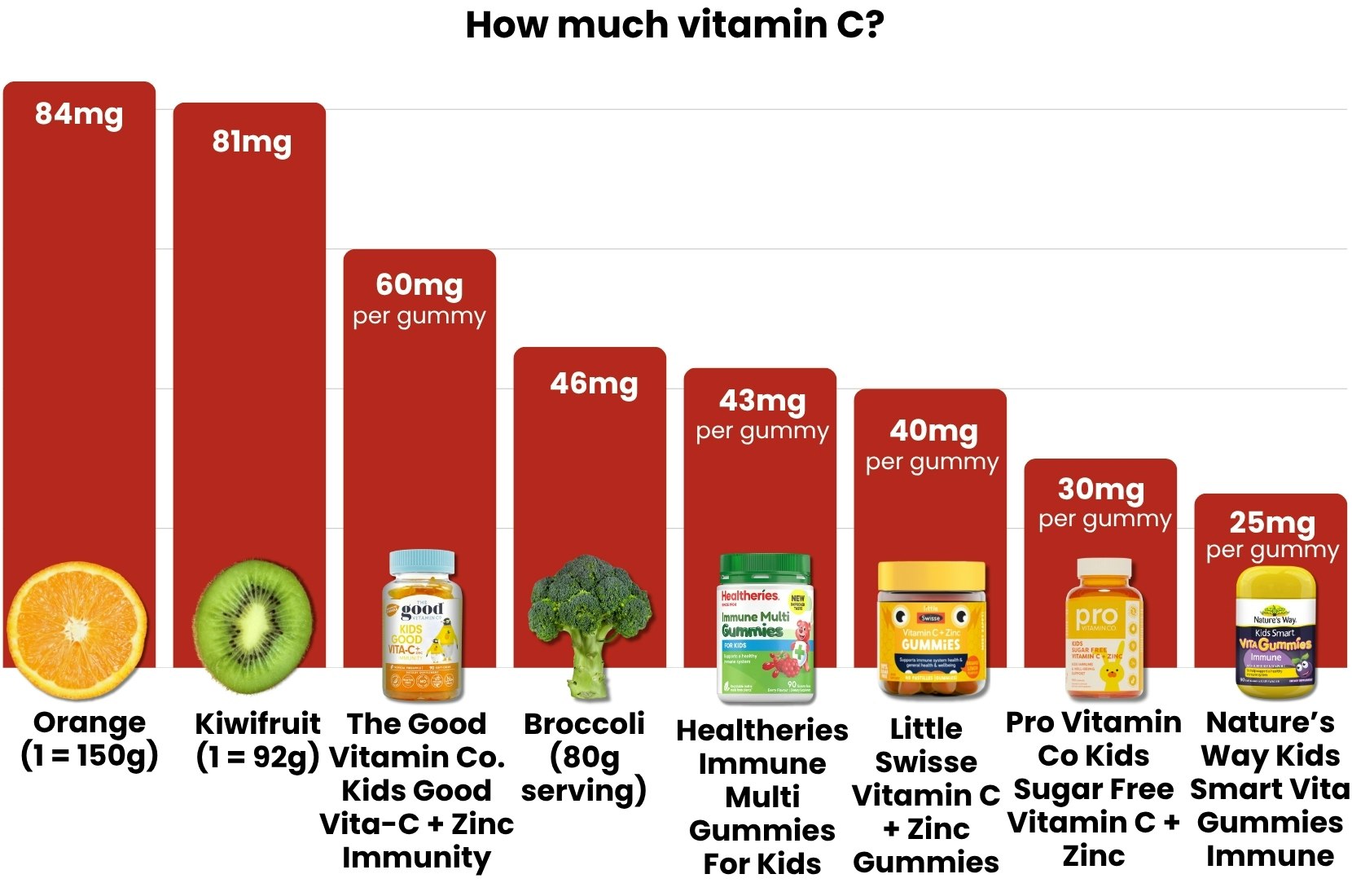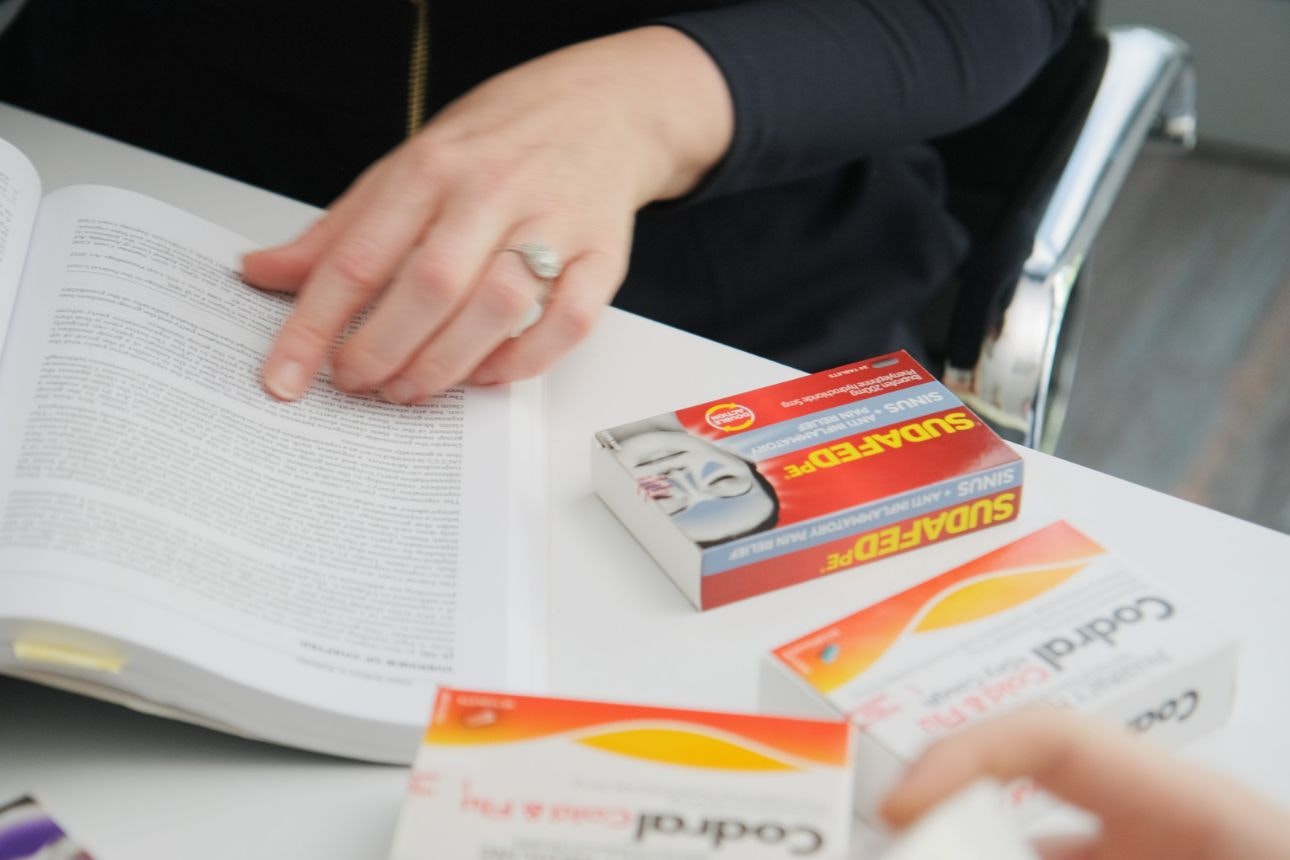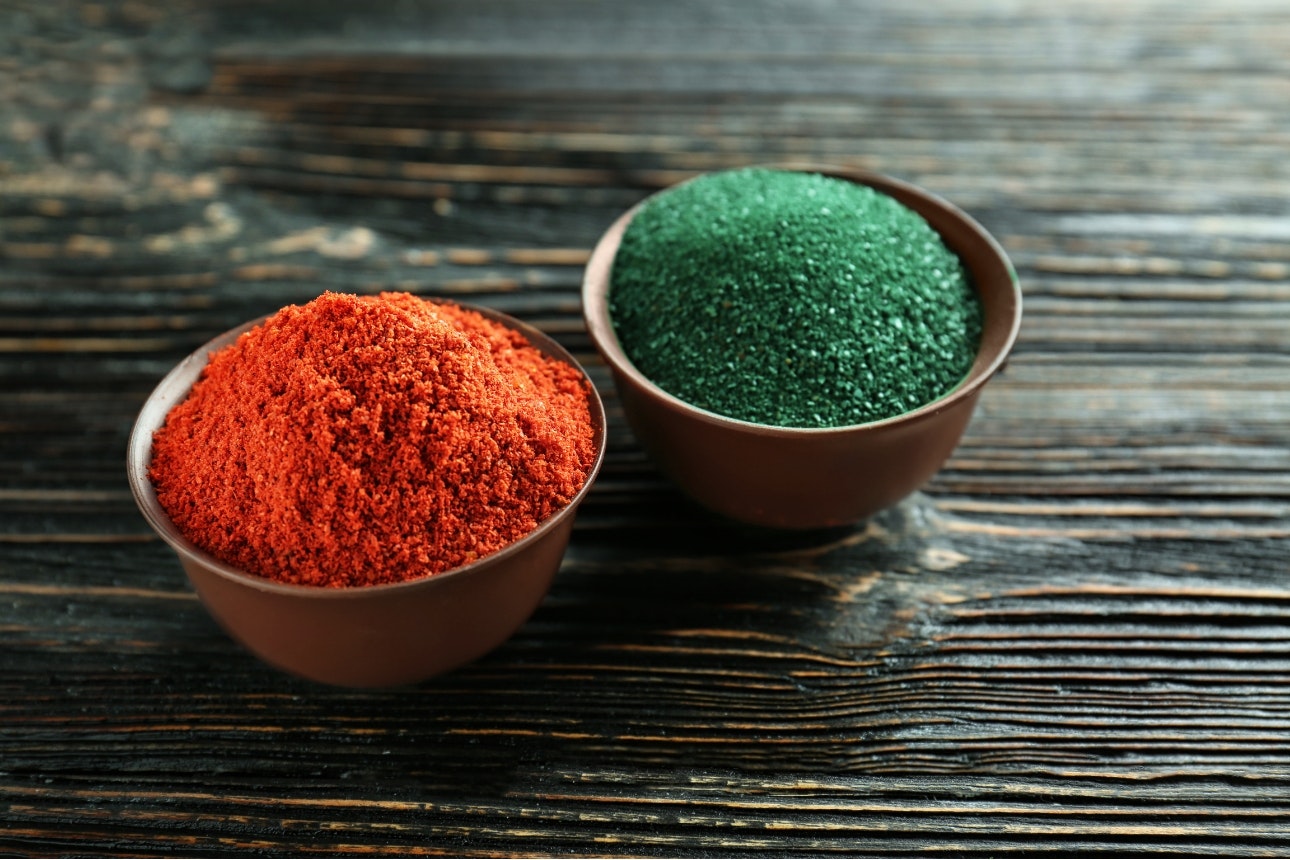
By Belinda Castles
Researcher | Kairangahau
From multivitamins and immunity blends to probiotics and calming supplements, pharmacy and health food shop shelves are full of vitamin and mineral gummies marketed for children. Do your kids need them? To find out, we asked nutrition and dental experts.
On this page
- 1. Most children don’t need vitamin and mineral supplements.
- 2. Vitamin gummies are bad for dental health.
- 3. Gummies contain variable amounts of vitamins and minerals.
- 4. The best source of vitamins and minerals is real food.
- 5. Spend money buying real food instead of supplements.
- 6. For younger children, vitamin gummies could be a choking hazard.
- 7. Dietary supplements are loosely regulated.

Friends tell me vitamin gummies are a regular ritual in their home, and my daughter Sophia (13) confirms that many of her friends consume them.
In our 2022 survey of people who take natural health products, 41% of those with children said their children take supplements or natural remedies. More than half of those children (55%) take them in the form of a chewy sweet, like a gummy bear.
On a recent visit to Chemist Warehouse, I was astonished by the number of gummy options. If the claims and marketing are anything to go by, there are several benefits.
Nature’s Way Kids Smart Vita Gummies Multi-Vitamin Plus claims to “help support growth and development, healthy brain function, eye and bone health”.
Be Pure Kids Daily Multi Gummies claims to “support your child’s growth and development during their critical ‘growing up’ years.”
Radiance Kids Vitamin C and Zinc Gummies claims to “provide the essential nutrients to give kids a boost when seasonal ills strike”.
The Good Vitamin Co Kids Good Vita-C + Zinc Immunity claims to be “full of vitality and natural goodies to support your children’s immune response”.
Other brands and products make similar claims about immunity, sleep, brain function – the list goes on. These dietary supplements are marketed as an easy way to provide the extra nutrition kids need. Some brands also suggest gummies are a good option for fussy eaters.
Have my kids been missing out?
I asked 3 nutrition experts and 1 dental expert whether parents should spend money on vitamin and mineral gummies for their children.
Here are 7 reasons not to give dietary supplement gummies to children.
1. Most children don’t need vitamin and mineral supplements.
Lisa Te Morenga, professor of Māori health and nutrition at Massey University and co-chair of Health Coalition Aotearoa says, in most situations, children do not need supplements.
“Kids do not need supplements unless those supplements have been prescribed or recommended by a health professional for a deficiency or for children who have serious food avoidance issues,” she says.
Ministry of Health guidelines advise that children only take supplements in specific situations. They could be useful for children with known dietary restrictions, where whole food groups are restricted or limited. For example, a child with a cow’s milk allergy may require extra calcium, or a child following a vegan diet may require additional vitamin B12.
Children with chronic illnesses that affect their dietary intake or absorption of certain nutrients may also benefit.
2. Vitamin gummies are bad for dental health.
Many brands of vitamin gummies contain added sugars in a range of forms.
Healtheries Multi Gummies for Kids contains glucose and sucrose.
Pro Vitamin Co. Kids Immune Sidekick contains juice concentrate and glucose.
Be Pure Kids Daily Multi Gummies contains tapioca syrup and cane sugar.
New Zealand Dental Association (NZDA) spokesperson and dentist Dr Rob Beaglehole said gummies are generally full of sugar so are best avoided when it comes to dental health.
“These products, as well as sugar-free versions, also contain food acids, which can damage teeth. Their sticky consistency adds to the problem,” he says.
How much sugar is in vitamin gummies? Despite listing the sugar sources in the ingredients list, most brands don’t state on the packaging how much sugar a gummy contains. These products are marketed as dietary supplements. This means they don’t require a nutrition information panel that states the sugar content.
When we tested two brands of gummies at an independent lab in 2017, one product contained 56% sugar, the other 65%. That’s more than some similar-looking sweets – Haribo Gold Bears contain 45.6%.
3. Gummies contain variable amounts of vitamins and minerals.
Dietary supplements, including gummies, contain highly variable amounts of vitamins and minerals.
Sande Mareroa-Gates, Health Coalition Aotearoa food policy expert panel co-chair and community nutrition educator with a background in naturopathy, has concerns about children consuming large amounts of certain nutrients.
“While over consumption of water-soluble vitamins (B and C) generally won’t cause harm because the body will excrete these in the urine, overconsumption of the fat-soluble vitamins (A, D, E or K) is a different matter. This can lead to hypervitaminosis, where excess vitamins can be stored in the fatty tissues and liver and may lead to serious health concerns,” Sande says.
Professor Clare Wall, head of the school of medical sciences at the University of Auckland, says overconsumption is a particular risk with gummies.
“Gummies look and taste like regular sweets, so children may mistake them for these. It is very easy for children to eat more than one, posing an overdose risk,” she says.
Don’t assume all multivitamins have the same number of nutrients either.
Be Pure Kids Daily Multi Gummies – 6 vitamins, 3 minerals
Healtheries Multi Gummies for Kids – 7 vitamins, 3 minerals
Little Swisse Multivitamin Gummies – 9 vitamins, 2 minerals.
Nature’s Way Kids Smart Vita Gummies Multi-Vitamin Plus – 8 vitamins
Pro Vitamin Co. Kids Multi Vitamin – 10 vitamins, 5 minerals
Radiance Kids Multi-Vitamin Gummies – 9 vitamins, 2 minerals
The Good Vitamin Co. Kids Good Multi – 10 vitamins, 7 minerals
4. The best source of vitamins and minerals is real food.
All the experts we spoke to are unanimous that it’s always best to get vitamins and minerals from real food.
Te Morenga says a balanced diet full of minimally processed vegetables, fruit, protein sources, grains, nuts and seeds promotes lifelong health and wellbeing.
“Our kids need to learn how to enjoy these foods. Although this can be hard for parents, supplements don’t fix the problem of picky eating or make diets based out of the highly processed foods many kids prefer to eat, healthy,” she says.
Wall says giving children dietary supplements can also provide a false sense of security for parents, especially if their children are picky or restrictive eaters.
“This can lead to foods not being offered that can provide a wide range of health promoting properties, such as dietary fibre and antioxidants,” she says.
Don’t be swayed by gummies claiming to include fruit and vegetable powders or juice concentrates. Heavily processed fruit and vegetable juices, pastes, purees and powders have low nutritional value.

5. Spend money buying real food instead of supplements.
Some gummy supplements aren’t cheap – a bottle can set you back $30–$40. Mareroa-Gates says it’s better for families to be spending this money on fruit, vegetables and other whole foods.
“A glass of milk, piece of fruit, some peas and corn, a bowl of porridge and an egg a day would deliver many essential nutrients while also feeding your child and filling them up. This is something a multivitamin won’t do,” she says.
6. For younger children, vitamin gummies could be a choking hazard.
Most of the brands we looked at say vitamin gummies can be taken by children 2 years and older. The exception is Healtheries – the packaging states its gummies are not suitable for children under 4 years of age due to choking hazard.
Plunket chief nurse, Zoë Tipa says foods that are small, round, chewy, and/or sticky are not recommended for young children due to the risk of choking. Children age 3 and under are at highest risk.
“Children should only be offered food appropriate for their age and stage that matches their chewing and grinding abilities. It’s also important to always supervise young children while they are eating and ensure they aren’t running around or playing,” she says.
7. Dietary supplements are loosely regulated.
Vitamin gummies are marketed as dietary supplements. But dietary supplements have been laxly governed by decades-old regulations.
There’s been no pre-vetting of claims, and manufacturers don’t have to get approval before selling their products. Although dietary supplements can’t claim to treat or prevent a condition, companies get around this by using vague language, such as “may assist” or “may help”.
Last year, the coalition government repealed the Therapeutic Products Act (TPA). Consumers need reassurance that therapeutic products are safe and effective. Consumer NZ is extremely disappointed the government has made this call.
We supported several provisions in the act, including:
requiring market authorisation for natural health products
having a publicly available register of natural health products
having a list of permitted health benefit claims.

Cold and flu remedies – which ones are a waste of money?
We checked out the evidence for the active ingredients in remedies that claim to combat the common symptoms of colds and flu.
Comments
Was this page helpful?
Related articles

Class action taken against Johnson & Johnson for allegedly selling ineffective cold and flu medicines

Supermarkets and pharmacies continue to sell ineffective cold and flu medicines

Superfood powders: Do the health claims stack up?
